How to survive a week at Austrian detox clinic Vivamayr
Could a week in the Austrian Alps cure Harriet Hall of the afflictions of modern life?

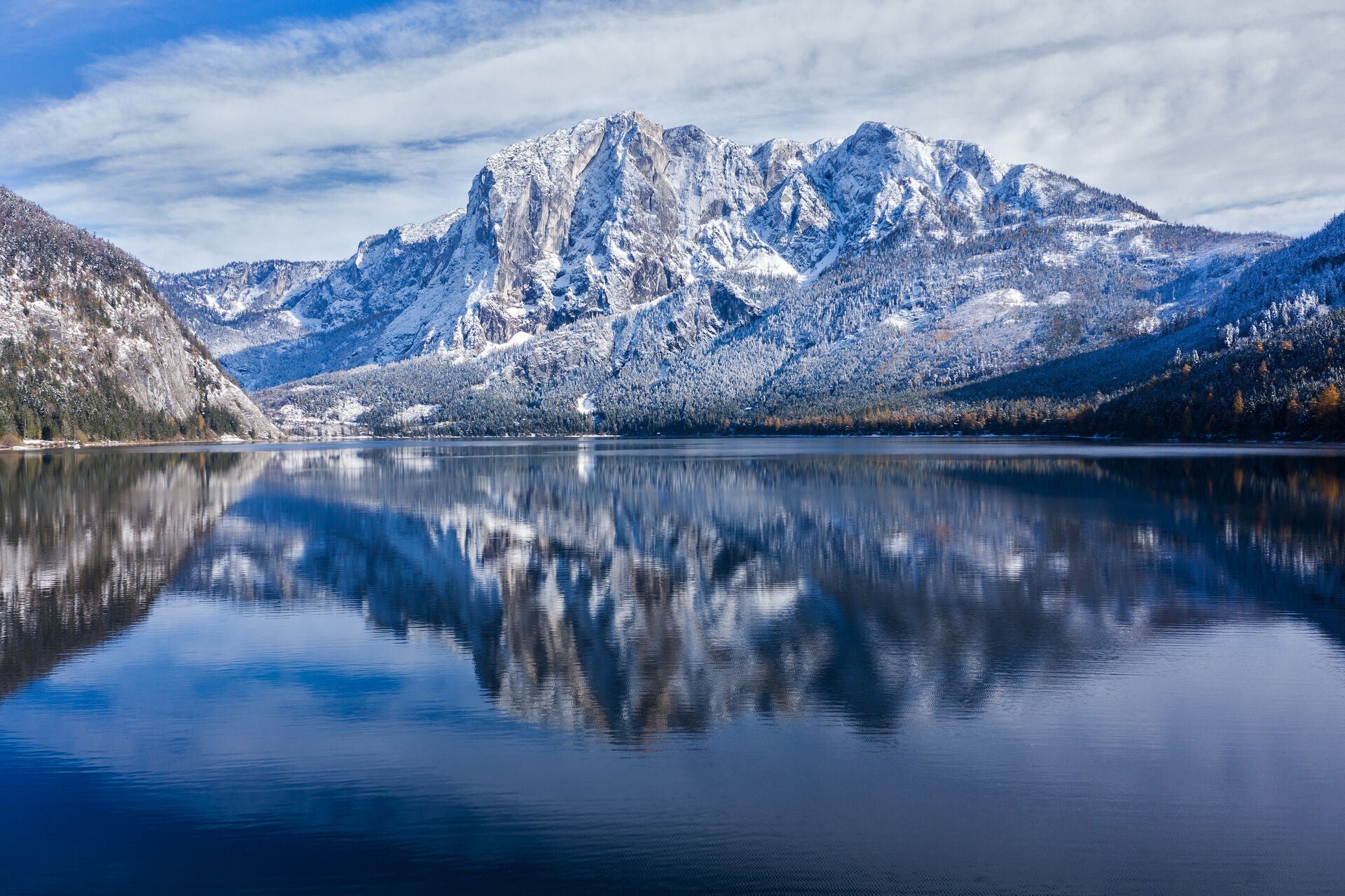
You must approach this with humour,” says Stefanos, the waiter, as he places a teapot of vegetable broth on the table in front of me.
He pours it into a mug and gives me a teaspoon to sip it with, and a small, stale-tasting buckwheat bread roll. This is a typical dinner at the Vivamayr clinic, on the shores of Austria's Lake Altaussee.
Revered by celebrities (Kate Moss and Tracy Emin are rumoured fans), politicians (Michael Gove and Theresa May are said to have visited) and Russian oligarchs, Vivamayr entices so-called detox tourists for its “cure”, a seven-day minimum programme that costs up to £5,000. Opened in 2005, Vivamayr bases its methodology on the research of 20th century Austrian physician Dr Franz Xaver Mayr, who believed that the gut is the “root system” of all humans and was responsible for numerous diseases and disorders. Its signature “cure” pays homage to his work. Guests follow a stripped-back, gut-friendly diet, and days are planned around a tailored medical schedule of drips, colonics, hypoxy training (oxygen inhalation), massage and regular exercise.
People come here for myriad reasons: general wellbeing, reaching a weight loss goal or to alleviate more specific health concerns. Its programme is one of the most brutal detoxes around, combining holistic practices with expert medical treatment. Vivamayr alumni report feeling energised, calm and cured of all types of things after a week. One friend told me that the perennial dark circles under her eyes disappeared just days in and she left with her eyes whiter than before.
I’ve got my own agenda. Beyond the “new year, new me” intentions that haunt me every January, I’ve come to Vivamayr with two autoimmune conditions (IBD and Grave’s disease) that leave me feeling tired and under the weather on a daily basis. I wanted to see if the non-traditional medicine Vivamayr offers might complement my medication and offer me the energy boost I need.
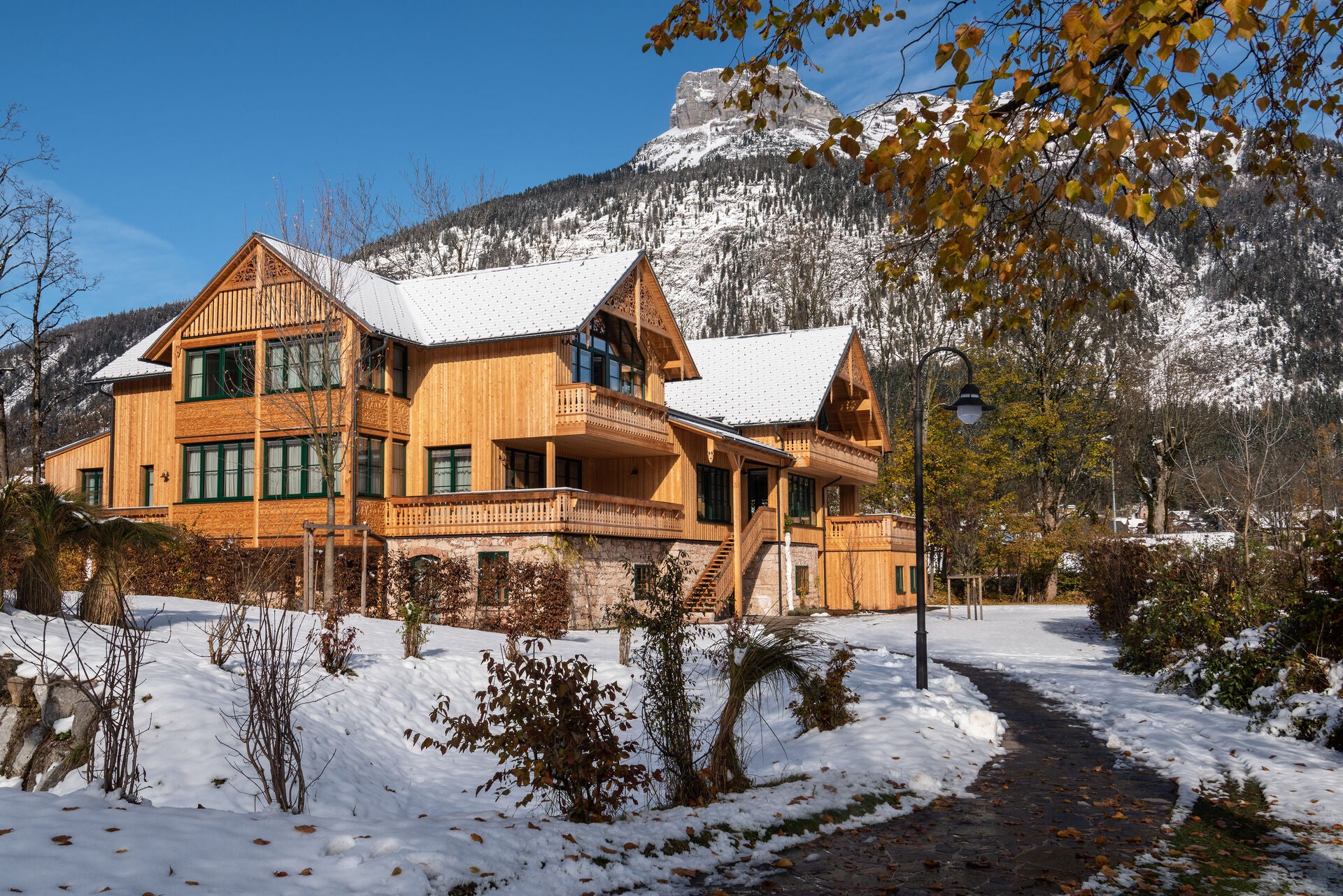
At least we’re in beautiful surroundings. It’s a 90-minute drive from Salzburg airport to Vivamayr, which takes us through the snow-covered Alps, dusted in a fresh layer of powder and unencumbered by skiers. Altaussee is a quaint spa town with a salt mine (which provides minerals for many foods and treatments at Vivamayr) that sits on the bank of Lake Altaussee. It’s a nice spot for walkers, who can tramp through the forests and fields and, in summer, cool off in the water afterwards. It’s calm, peaceful. Maybe this is why people come here. “Some people come back obsessively,” says the driver who collected me from the airport. “I call them detox tourists."
Day one begins with a preliminary examination and discussion with my personal GP, Dr Ingrid Eysn. She grills me on my lifestyle, eating habits, vices (this takes quite some time) and medical conditions before sending me for a blood test.
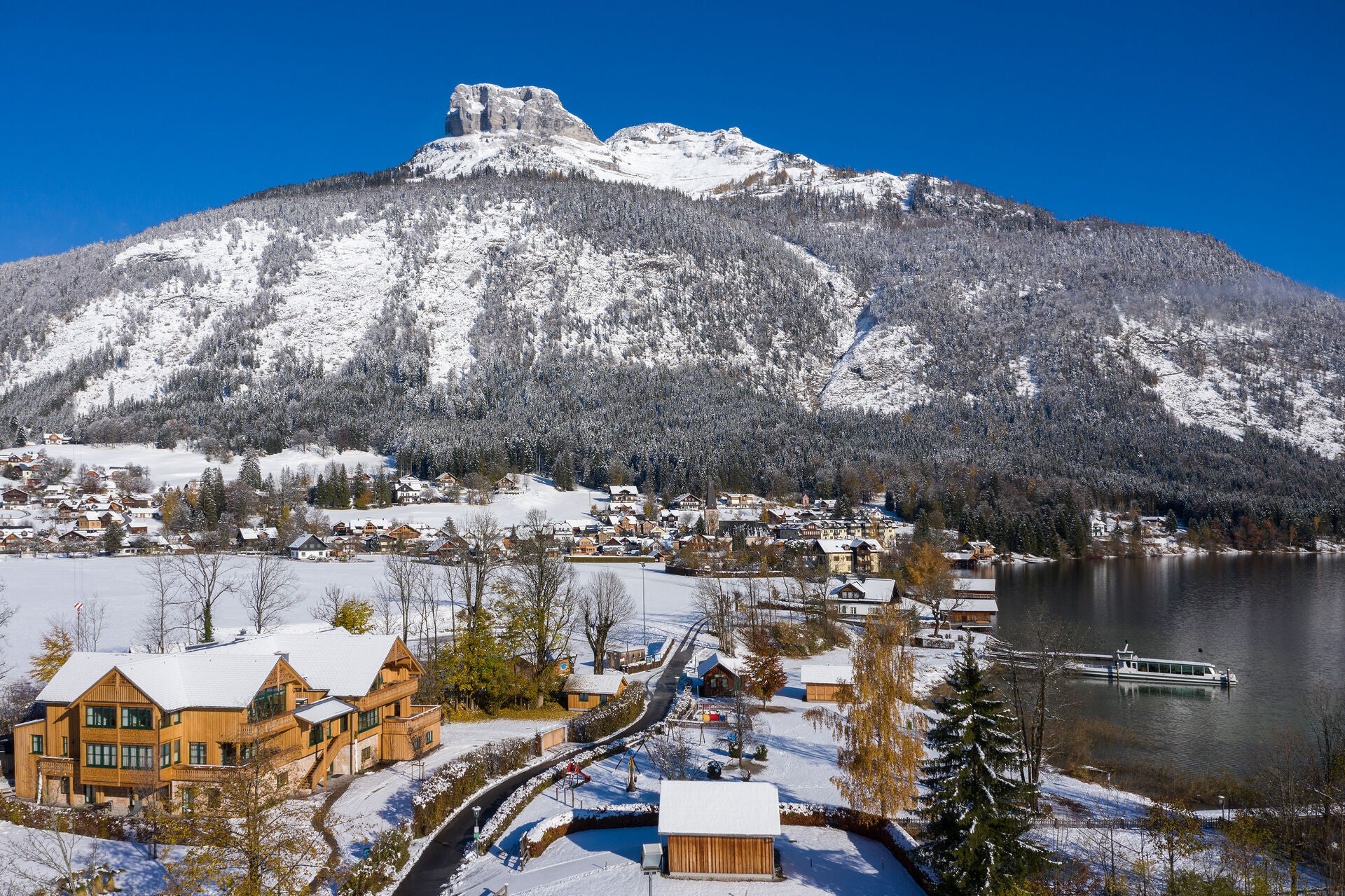
The following day I am handed my treatment plan which includes daily abdominal massage for my gut, electrolysis foot baths, daily oil pulling (swilling a tablespoon of yellow oil around your mouth before you eat to remove toxins from the saliva) intravenous vitamin drips and (I am relieved to hear) massages, mud wraps and watsu – a type of water-based shiatsu that involves having floats strapped to your legs and being pulled around a pool for 60 minutes with your eyes closed. I’m hoping after a week living like this my body will feel cleansed, de-stressed, well-slept, absolved of my Christmas indulgence and – most importantly – fighting fit.
For the next week, my day begins at 7am with a glass of magnesium citrate (a more gut-friendly Epsom Salt that won’t flare my IBD), and dropping bitter herbs onto my tongue before meals to prepare my digestive tract. Then I have a hot/cold shower to stimulate my circulation, attend a morning yoga class to awaken my mind, head to breakfast and spend the remainder of the day in my bathrobe, shuffling between various medical appointments and activities. In between, I drink base powder, an alkaline supplement (alkaline is the diet priority at Vivamayr) that is supposed to rid my body of excess acid and rebalance my PH levels, as well as replace any potassium and calcium I might lose during the detox. It also tricks the mind into thinking I’m full.
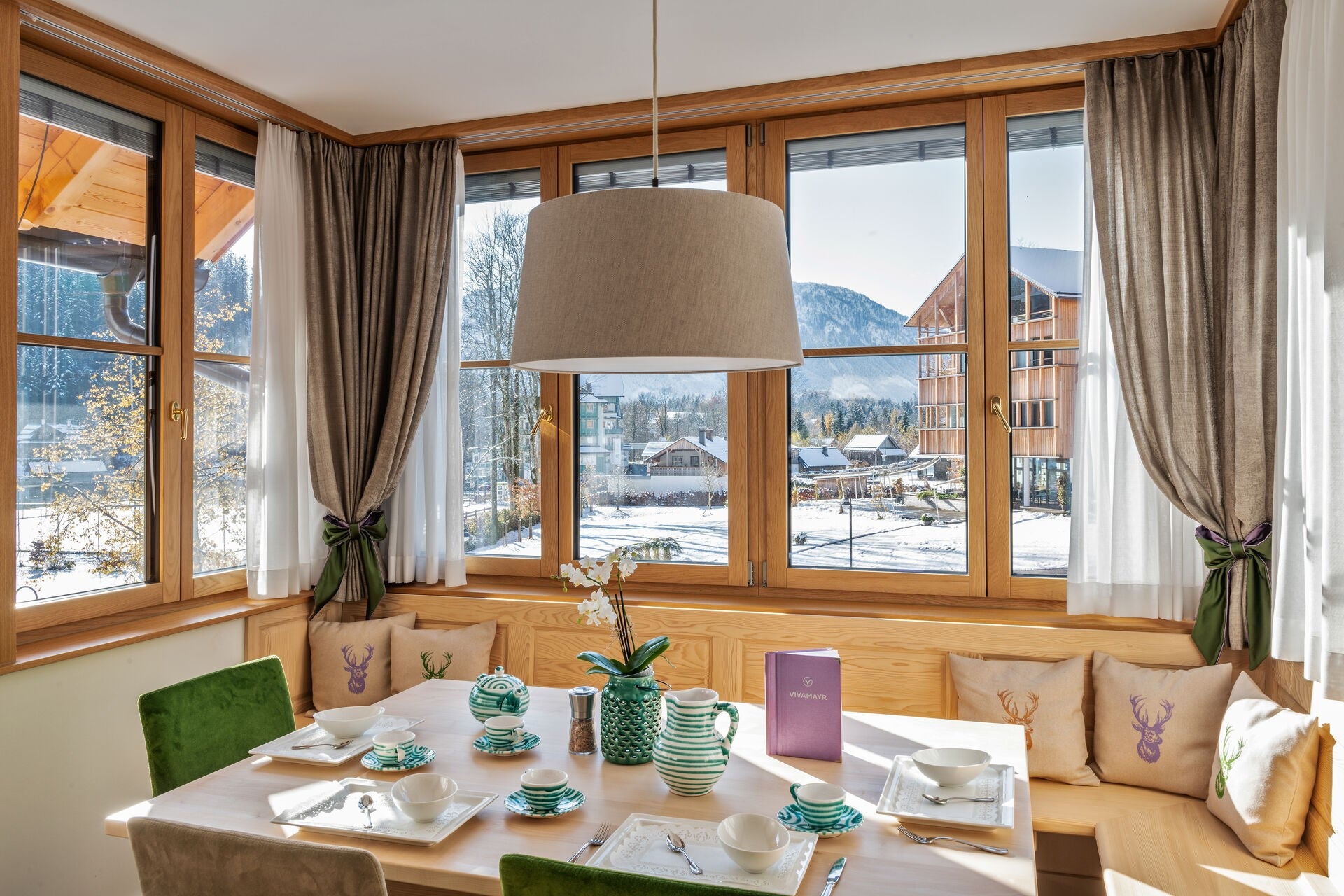
Despite the emphasis on rest, it’s difficult to become too comfortable here. The modernist, spartan design of the clinic with its floor-to-ceiling windows reminds me of a Bond villain's lair (as it happens, much of Spectre was filmed around Lake Altaussee) and is a constant reminder that you’re in a medical centre. The common areas are defined by sharp edges and chairs are just firm enough to prevent you from nodding off. Bedrooms are functional, too, with guests provided with just a single pillow and duvet, though I do find some extra bedding a few nights in.
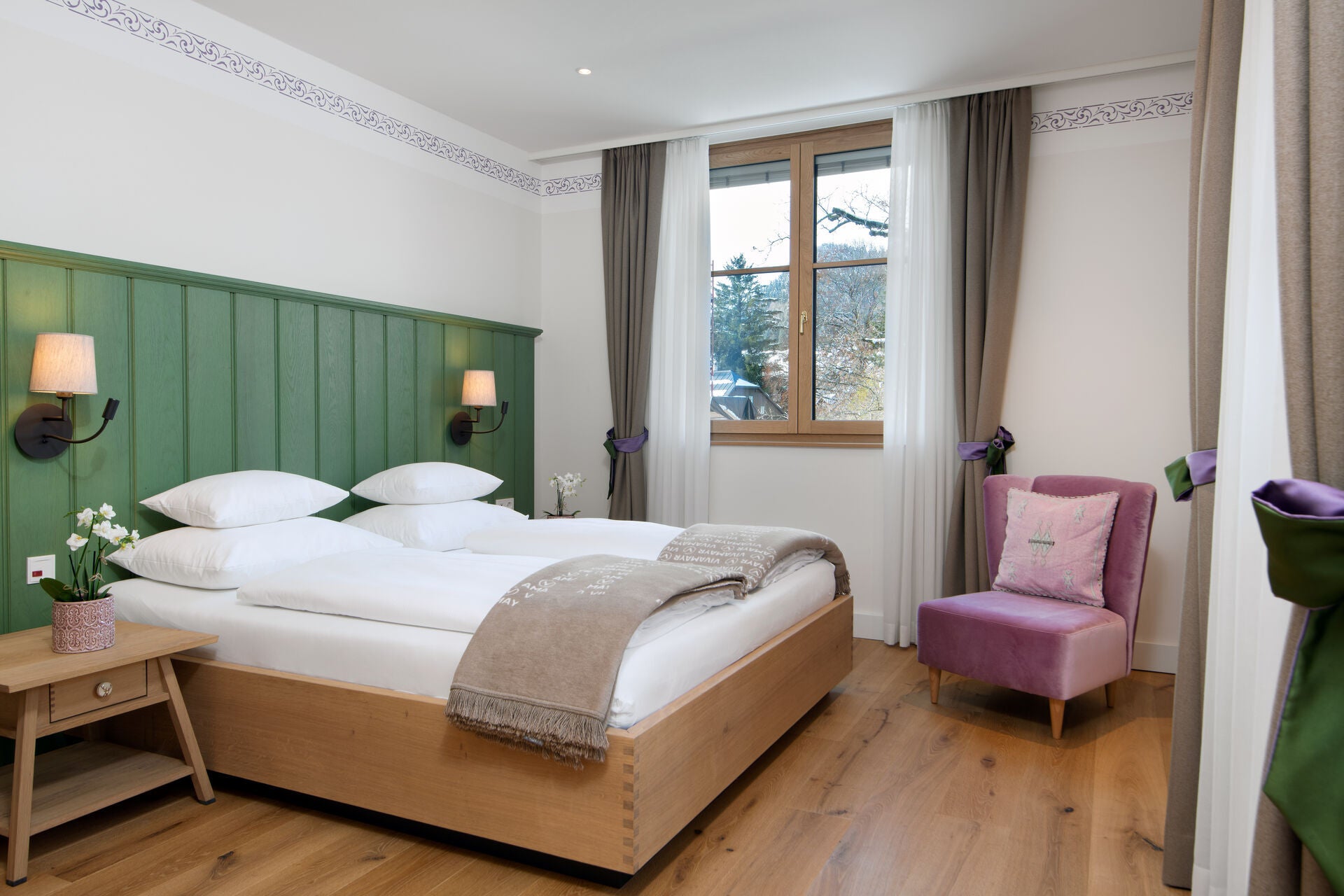
A big part of Vivamayr is on a “re-education” of eating habits. Patients are taught to eat in silence, without phones, books or newspapers for company, and chew each mouthful between 30-50 times. Food is only to be eaten every five hours and no water is allowed before, during or after eating for fear it may dilute digestive enzymes. According to Vivamayr, being hungry is how the body cures itself (though of what, I’m not sure). When I protest, I am told that I must “trust the cure”.
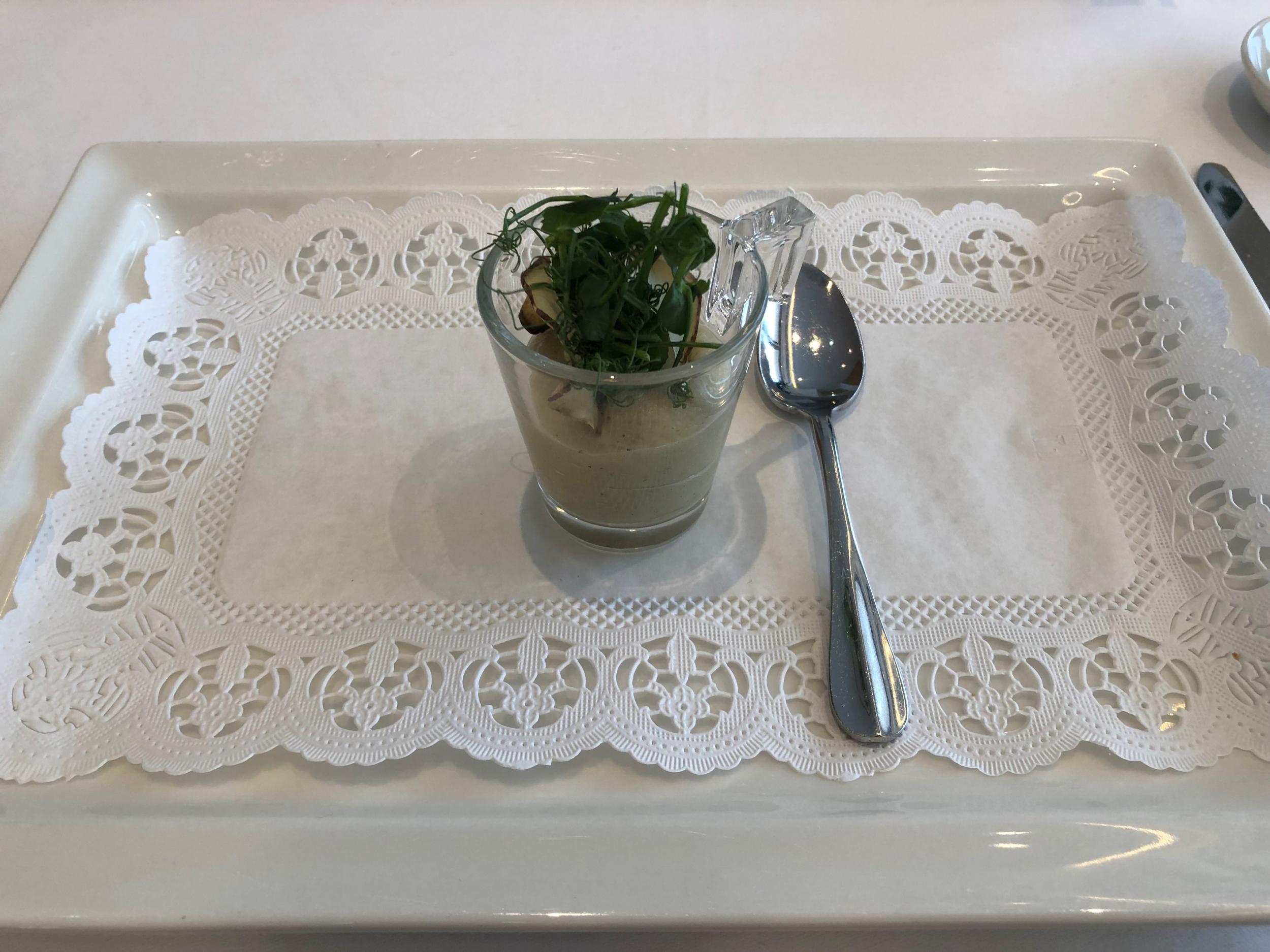
After my dismal vegetable broth dinner on the first night, I’m not holding my breath for breakfast. But, when met with a single hard-boiled egg, three new potatoes and an egg cup inexplicably filled with chopped parsley, I am somewhat relieved. I mush it all together with my plastic spoon (I’m not sure what function this has beyond emphasising the bleakness of the cuisine) and stare out the window at the snow-capped Alps as I masticate each mouthful into extinction, questioning my life choices. This, I soon learn, is as exciting as the food will get.
Potatoes form a large part of most meals, along with unidentifiable vegetables that are boiled and chopped up or blended into soups. Portions are minuscule (although the brave are permitted to approach the waiter in true Oliver Twist style) and the only drinks available at the clinic are a selection of blended herbal teas and the aforementioned broth which, when served up at 11am, sees a queue form comparable to those that accompany a new batch of the New York Cronut.
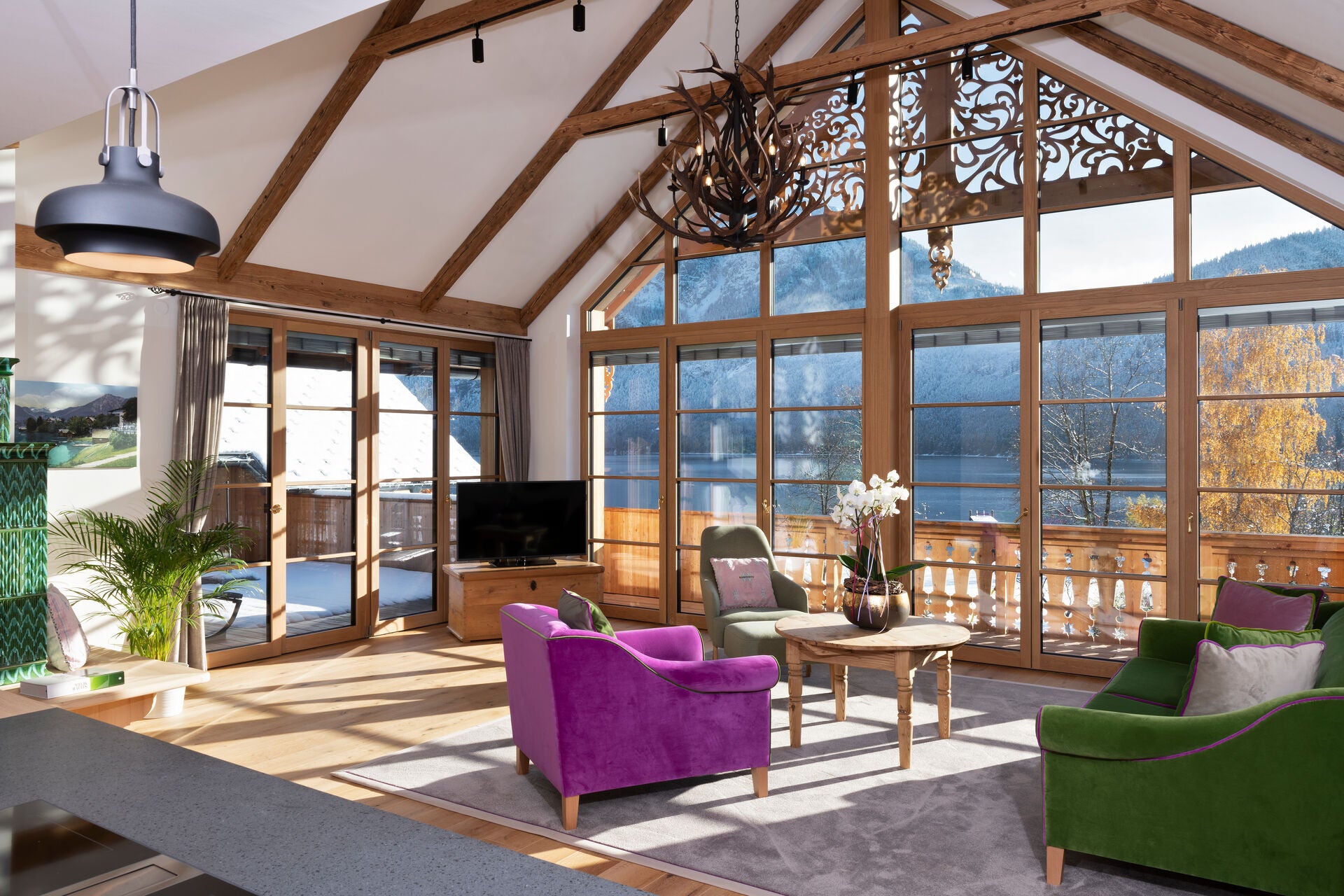
The Vivamayr method of stripping back the diet relies on only eating soft, boiled and bland foods that are low risk for allergens and gut irritation. Gluten, dairy and caffeine are all off the menu, as is anything uncooked in the evening (“no raw after four”). The pre-programme advice to begin tapering off caffeine, alcohol and cigarettes a few weeks prior begins to make sense. (I ignored this, and on the first day I rush back to my room to inhale three chocolate covered rice cakes I bought at the airport, kicking myself for not stashing more.)
I’m not the only one struggling. One man I meet has smuggled in sweets and I witness another kicking off in the restaurant over portion sizes. I hear about one film star who thought she had booked herself into a luxury spa and stormed out when presented with her teacup of broth. However, one woman in a cashmere White Company tracksuit tells me that she’s survived the week by “playing a game with myself that I am a starving prisoner”. Taste is not a pre-requisite here.
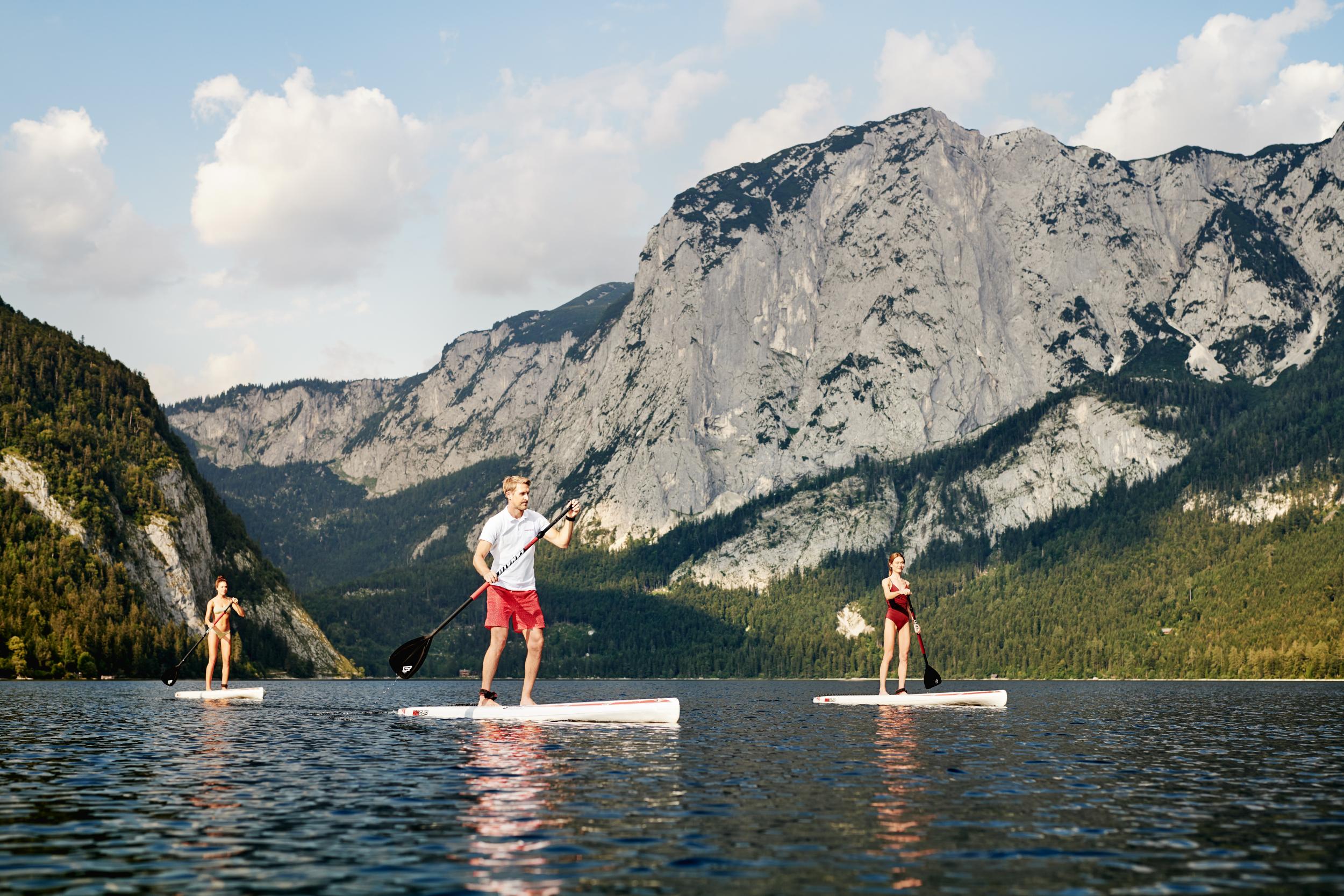
Also at the clinic is a fashion designer, a property developer, hedge fund manager and a CEO (detox doesn’t come cheap). One woman in her mid-thirties tells me she comes here once a year to lose 7lbs and spends the rest of the year indulging. I meet another with unexplained hand cramping, a man with a hip injury and a woman with chronic constipation. One man in his sixties – who I get chatting to while we’re both sweating out our starvation in the infra-red room – explains how he booked himself in for a month following an acrimonious divorce and describes the “sense of calm” he’s felt here. “What on earth do people who can’t afford to come here do?” he ponders. Eat, I think.
The daily treatments focus on Applied Kinesiology (AK), an alternative – and hotly contested – method for diagnosing allergies and intolerances. AK involves me lying on my back as Dr Ingrid places food powders on my tongue and asks me to push against her arm with my leg. Based on my muscle reaction, I’m informed I must now swear off gluten, oat, spelt, dairy, egg, several nuts, a range of vegetables and numerous other essential foods. When I gather at broth time with my fellow patients, I see they’ve received curiously similar diagnoses – and several of them apparently have parasites.
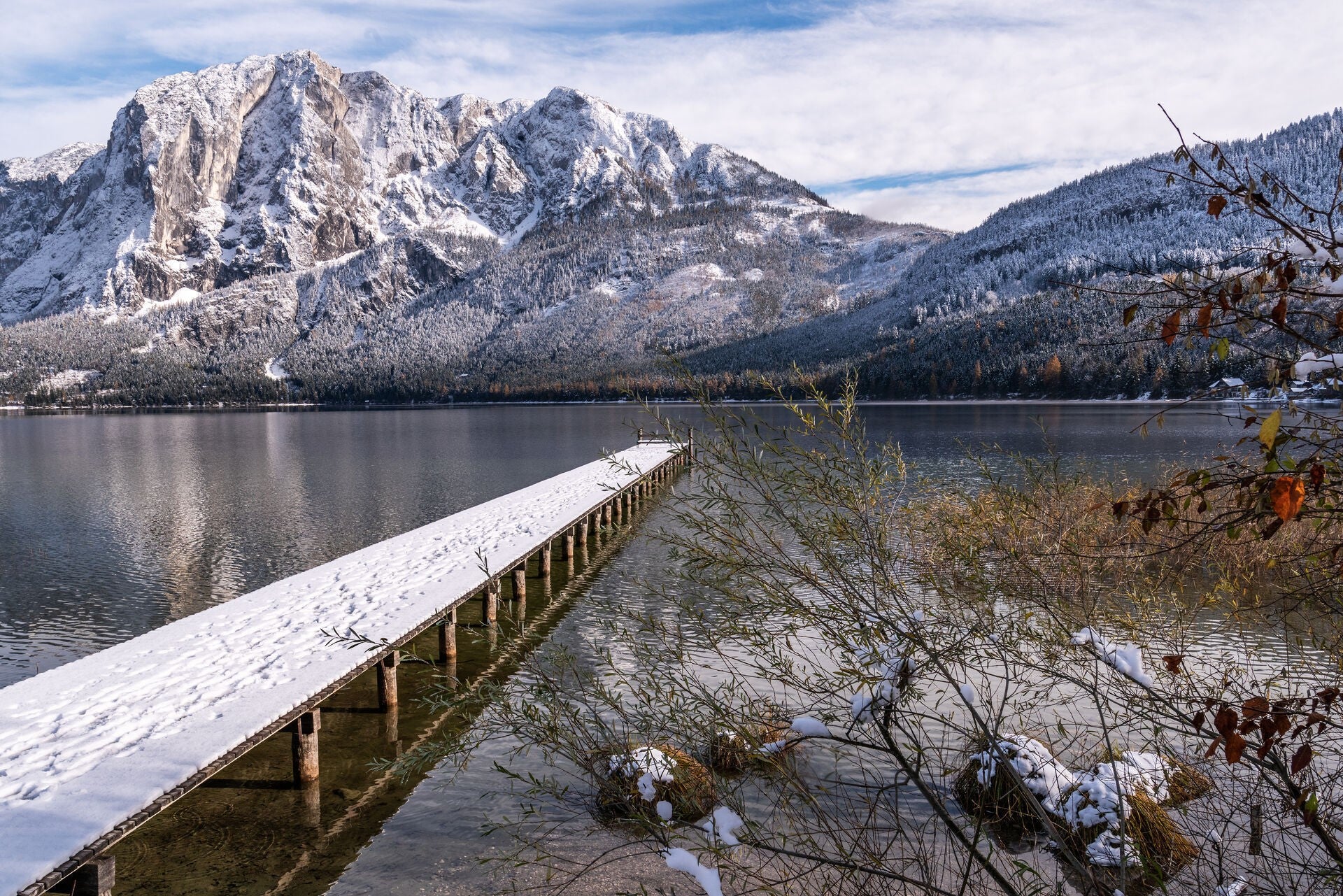
One treatment turns out to be an unexpected favourite. Nasal Reflex Therapy involves dipping cotton buds in essential oils and shoving them into your nostrils at three specific angles to draw out toxins. It sounds hideous, but after several nose blows my head feels clearer than if I’d snorted an entire pot of Vicks. I’m hooked and buy the oils to take home with me.
Day three at Vivamayr is apparently when people crack. By this time, the lack of caffeine, alcohol and anything resembling normal food usually drives people mad. I brace myself, but it doesn’t come. Instead I’ve settled into a routine, following alarms set on my phone to ping and ensure I don’t miss my gruelling schedule of appointments, supplements and visits to the nearest toilet. I’m feeling liberated without social media or news headlines and feel calmer than I have in months. The cure is helping in one sense, although I reserve judgement on its medical impact.
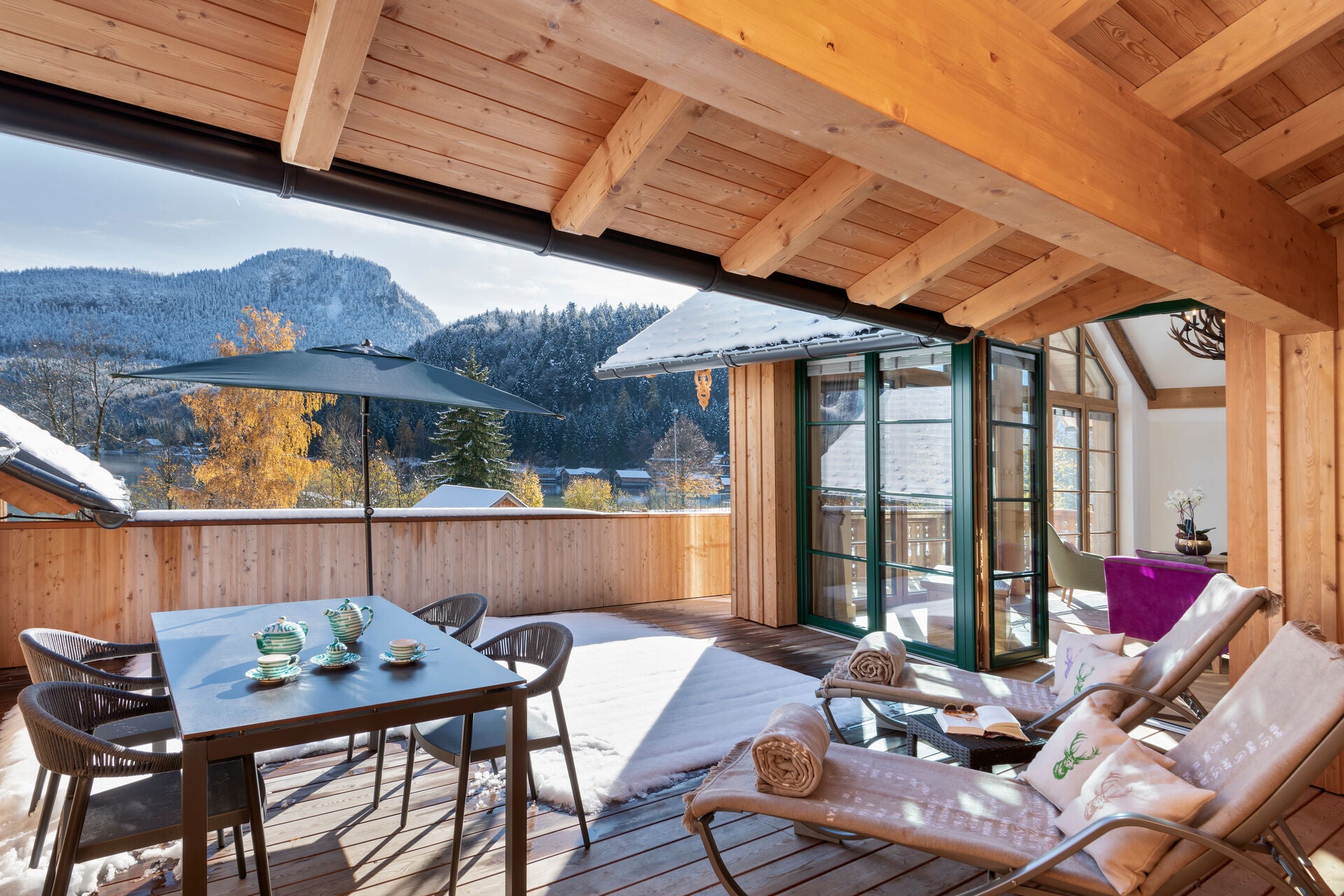
As the week comes to a close, we’re lectured on life at Vivamayr and how to apply our newfound lifestyles in the real world. Suggestions range from the logical (drink 2.5 litres of water daily, maximise vegetable intake and rest, minimise sugar and meat intake) to the parody (“drink wine with a teaspoon to encourage you to have less; eat only five olives as a snack”).
When I return to London, I abandon the laxatives, base powder and the potatoes, but I spend weeks trying to restrict my diet in all the ways Vivamayr recommended, spending a fortune on Ocado in the process. Ultimately, though, I find the cure method a little too…specific, and soon slip back into my old routine. After a few disjointed email exchanges with Dr Ingrid, I lose track of the medication process she suggests.
Though I’m still unclear exactly what Vivamayr claims to “cure”, a week cleansing your gut, drinking fresh alpine water and ridding your body of the additives and addictions that make up day-to-day life does appeal. Undergoing countless blood tests and being aware of your vitamin deficiencies is useful (though I remain sceptical about the efficacy of intravenous vitamin drips (as does the NHS). What I have learnt, though, is some healthy habits; and I got a much-needed wake-up call.
Perhaps it was too much to expect for a transformation of my autoimmune conditions; I was hoping Vivamayr might uncover something simple to explain it all or suggest a quick fix, but I am at least well rested, my gut is cleaner than a priest on Sunday and I’m acutely aware of all the ways I’ve been hounding my body.
One thing’s for sure though: the whites of my eyes are curiously brighter than they were before – so at least there’s that.
Travel essentials
Getting there
Ryanair, easyJet, Jet2 and British Airways fly from London to Salzburg from around £25 return. Vivamayr is 93km from Salzburg airport and can be reached by train or car.
Rates at Vivamayr start from £270 per person per night, including food but not additional treatments. vivamayr.com
Join our commenting forum
Join thought-provoking conversations, follow other Independent readers and see their replies
Comments